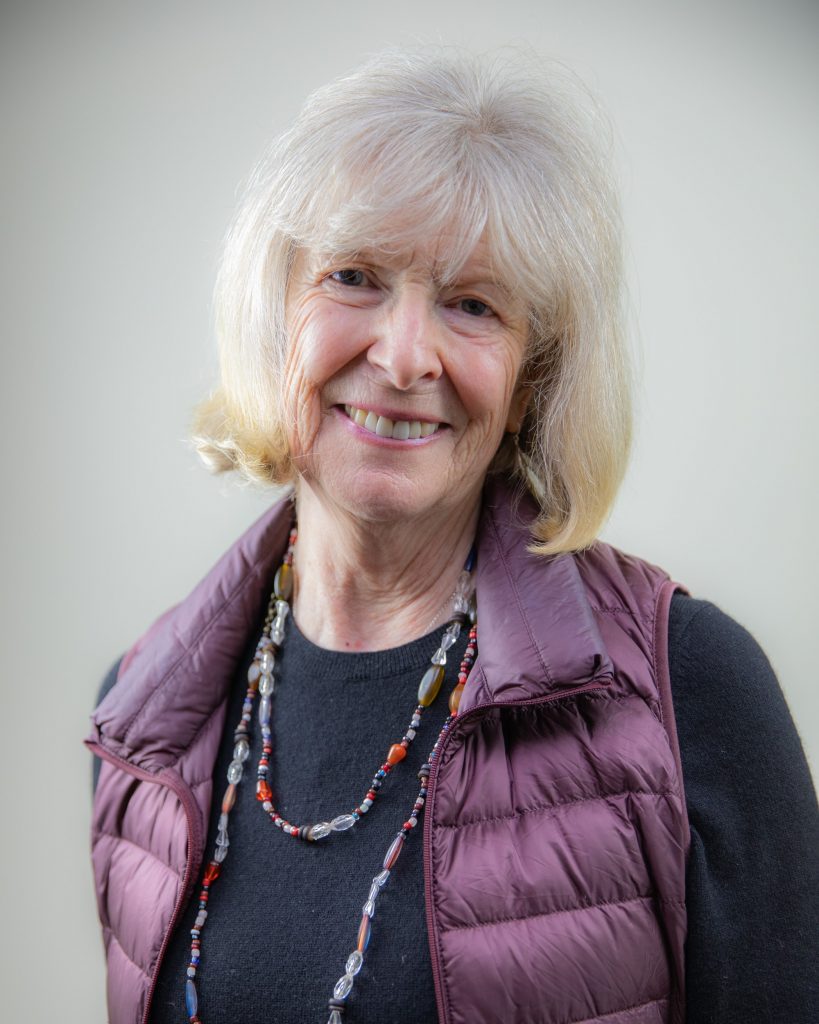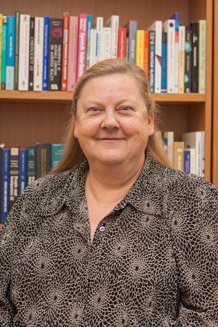
Citizen science employs design methods to organize communities of various sizes to provide reliable and trusted data that creates measurable and meaningful impacts. Compelling examples drawn from biodiversity and environmental science will illustrate new paradigms for doing research in which experts partner with citizens to exploit digital technologies to achieve scientific and broader societal impacts. New agendas that arise from citizen science include resolving the tension between encouraging public participation and ensuring reliable and trusted data.
Jennifer Preece is a Professor and Dean Emerita in the Information School at the University of Maryland, USA. She is particularly interested in how Interaction Design (ID) and Human-Computer Interaction (HCI) can support citizen science projects. Currently she is the principal investigator of a project about community driven environmental projects, funded by the US National Science Foundation. She is a SIGCHI Fellow, author of a broad collection of published articles, and co-author of Interaction Design: Beyond HCI, now in its 5th edition. She is a member of the Citizen Science Association and Editor-in-Chief of Citizen Science: Theory and Practice. She is a Board member of Vancouver’s Stanley Park Ecology Society (SPES).

Researchers, developers, business leaders, policy makers and others are expanding the technology-centered scope of Artificial Intelligence (AI) to include Human-Centered AI (HCAI) ways of thinking. This expansion from an algorithm-focused view to embrace a human-centered perspective, can shape the future of technology so as to better serve human needs. Educators, designers, software engineers, product managers, evaluators, and government agency staffers can build on AI-driven technologies to design products and services that make life better for the users. These human-centered products and services will enable people to better care for each other, build sustainable communities, and restore the environment. The passionate advocates of HCAI are devoted to furthering human values, rights, justice, and dignity, by building reliable, safe, and trustworthy systems.
Dr. Shneiderman is an Emeritus Distinguished University Professor in the Department of Computer Science, Founding Director of the Human-Computer Interaction Laboratory, and a member of the UM Institute for Advanced Computer Studies at the University of Maryland. He is a Fellow of the AAAS, ACM, IEEE, and NAI, and a Member of the National Academy of Engineering. His major contributions include the clickable highlighted web-links, high-precision touchscreen keyboards for mobile devices, and tagging for photos. Dr. Shneiderman has authored several books including Designing the User Interface: Strategies for Effective Human-Computer Interaction, Leonardo’s Laptop (MIT Press), and The New ABCs of Research: Achieving Breakthrough Collaborations. His new book on Human-Centered AI will be published by Oxford University Press in early 2022.

It is hard to believe that I have been working on accessibility for almost 30 years. This was a field I just fell into, like Alice in Wonderland falling down the rabbit hole, into a strange new world of European projects, trying to learn braille and being expected to have the entire body of psychological knowledge at my fingertips. In years of research I have worked on over 50 projects and supervised over 20 PhDs, many on technology for visually disabled people, but also on technology for people with hearing disabilities, people who are deafblind, people with physical disabilities, people with dyslexia and now increasingly for older people. In that time I’ve seen attitudes towards people with disabilities and older people change considerably, and the sophistication of research improve greatly. But we still face many challenges. In this talk I will highlight some of the things I have learnt, some of the challenges I have faced as a researcher and some of the odd things I have encountered. I hope I will be able to convey why I am still passionate about this research area after all these years.
Helen Petrie is a professor emeritus in the computer science department at the University of York, working in the field of Computer Science with an emphasis on Human-Computer Interaction (HCI). She has more than 20 years of recognized research into new technologies for internationally recognized people with disabilities and the elderly to improve their quality of life and well-being. Her current interests are particularly in the area of supporting the elderly to live independently in their own homes for longer. She has been involved in over 30 British and international projects in these areas and has been published widely. She has received a Technical Innovation Award from the Royal Television Society, a Social Impact Award from the Association of Computing Machinery, and a Lifetime Achievement Award from the Royal National Institute for Blind People. She is a licensed psychologist and an associate member of the British Psychological Society.

And here we come to the twentieth IHC! How many scientific and socially relevant discussions have been provided to us in these 20 editions (not necessarily 20 years)… How many important moments we have shared, how many regions of our huge country to which we have traveled, how many academic and friendship relationships we have formed… Let’s remember the history and follow the evolution of the Brazilian HCI community through the lens of its main synchronous (not necessarily face-to-face) meeting, the IHC itself!
Dr Silveira has a PhD in Informatics from PUC-Rio (2002). Professor at PUCRS since 1994, working in undergraduate and graduate courses at Escola Politécnica, with emphasis on the area of Human-Computer Interaction (IHC). Her main research interests involve: end-user development, interactive narrative visualizations, learning objects and innovative methodologies for teaching HCI. She is an active participant in the Special Committee on IHC (CEIHC) of the Brazilian Computer Society (SBC), having been its effective member from 2006 to 2013, and again, in an advisory position, from 2017.

